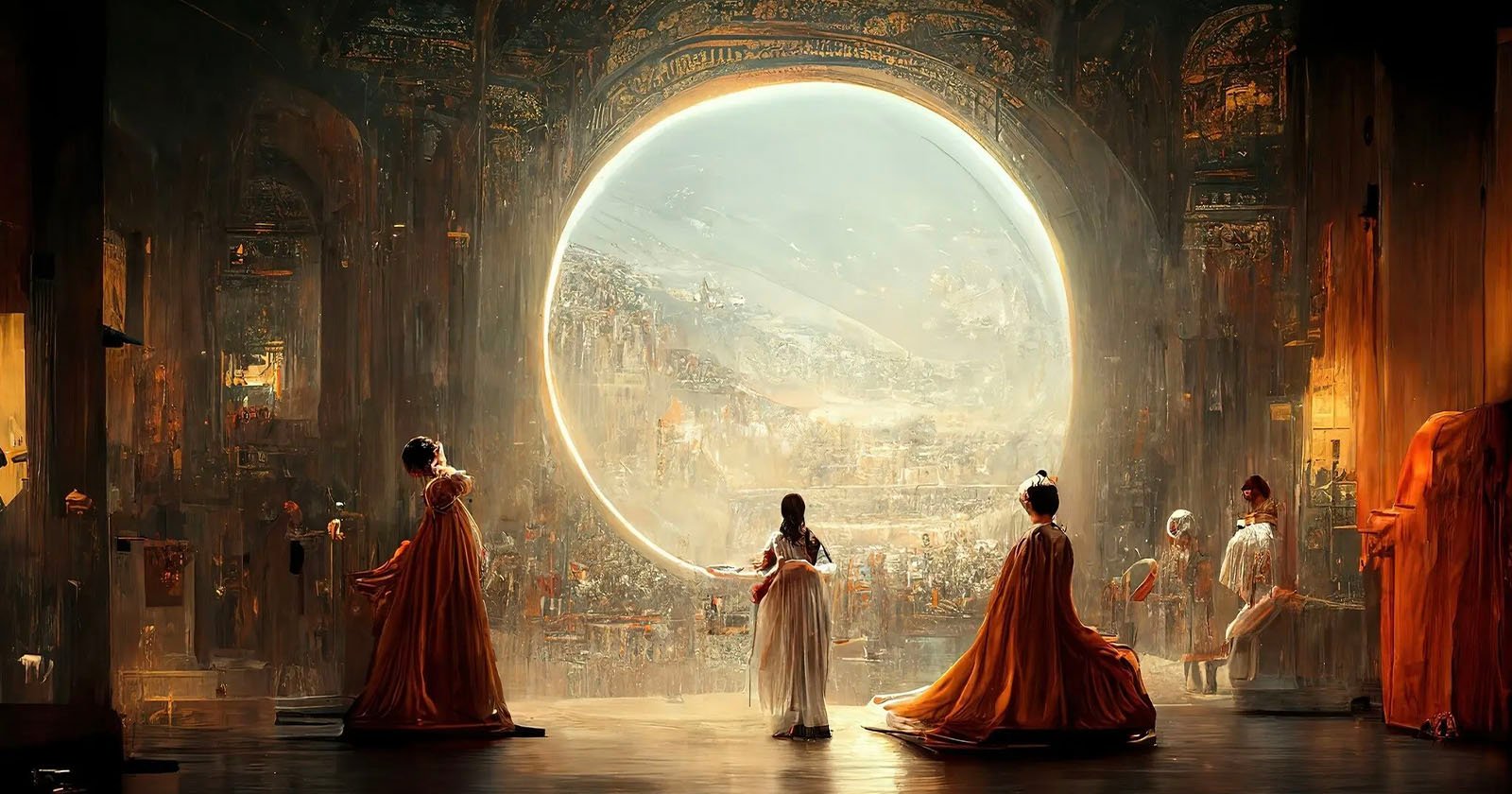An artist who infamously duped an art contest with an AI image is suing the U.S. Copyright Office over its refusal to register the image’s copyright.
In the lawsuit, Jason M. Allen asks a Colorado federal court to reverse the Copyright Office’s decision on his artwork Theatre D’opera Spatialbecause it was an expression of his creativity.
Reuters says the Copyright Office refused to comment on the case while Allen in a statement complains that the office’s decision “put me in a terrible position, with no recourse against others who are blatantly and repeatedly stealing my work.”



so i have no skin in this discussion, but i thought i’d point out that this is generally not how it works. there are image generation models trained on only public domain works (specifically because of concerns like what the thread is about). you can take a model like that and “continue to train it” on a fairly low number of works (20 to 200 is generally enough) of a particular style, which results in a much smaller (tens to hundreds of MB) low-rank adaption or “LoRA” model. This model is applied on top of the “base” model, morphing the output to match the style. you can even add a multiplying factor to the lora model to get output more or less like the style in question.